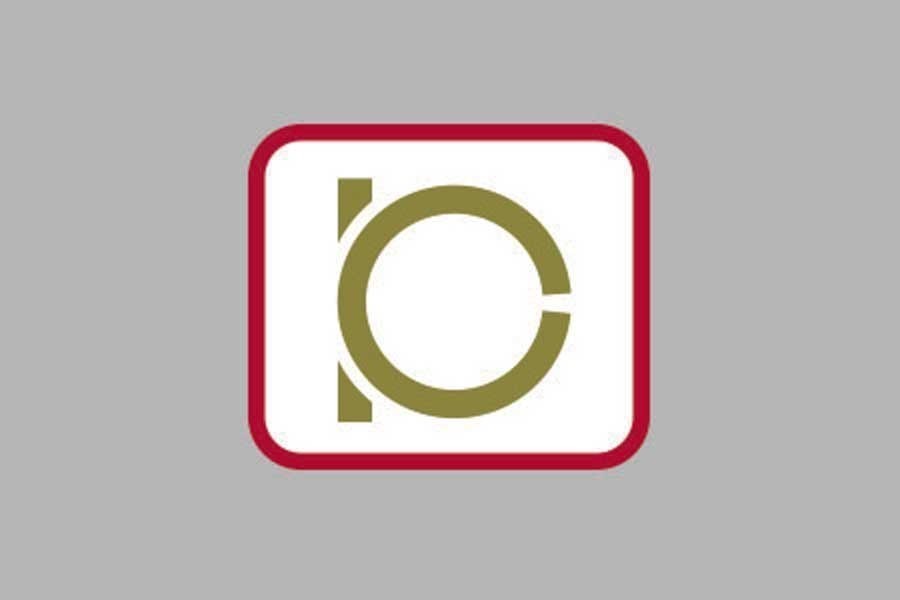BPC now making profit from both domestic hike, global fall in oil prices

Published :
Updated :

Bangladesh Petroleum Corporation began bagging profit again, worth around Tk 7.50 million a day, as the government raised domestic oil prices and the international market dived shortly afterwards.
The state-owned corporation is now getting a profit of around Tk 0.50 per litre in diesel trading, as on November 23, 202, as the global tariffs remained on a downturn over the past week, said a senior BPC official.
"If the downtrend in oil prices on the international market lasts long, BPC's profit margins will also go high."
Brent crude, the benchmark in international oil price, now hovers around US$79 per barrel-down from around US$ 82 on November 3, the date when the prices of diesel and kerosene were raised by around 23 per cent to Tk 80 per litre from the previous Tk 65.
BPC also raised the furnace-oil price by around 17 per cent to Tk 62 per litre with effect from November 5.
It also increased the tariffs of jet fuel for domestic flights by 7.79 per cent to Tk 77 per litre and for international flights by 5.79 per cent to US$0.73 per litre.
The state petroleum corporation increased the oil prices domestically on grounds that it was incurring loss due to the upturn overseas over the past several months, though consumer-rights groups stood opposed.

"BPC raised the domestic oil prices at a level where it deemed its fiscal position at break-even point then," said one of the BPC sources.
The oil-price hike sparked widespread protests, leading to several days of transport strikes, which were called off after hike in transport fares-in what is dubbed a double blow to consumers and economic activities.
Commoners are, however, still protesting the oil-price hike and students are now demonstrating for half transport fares. The demonstrations have continued over the past several days to press home their demand.
The energy ministry, however, assured of bringing down the oil prices on the domestic market with the fall in global oil rates.
Diesel is the key petroleum product that the BPC imports from the international market most.
Among other major petroleum products, BPC also imports nominal quantity of furnace oil and octane to meet local demand.
The prices of octane and petrol are now Tk 89 and Tk 86 per litre respectively.
The corporation meets most of its furnace-oil demand from Eastern Refinery Ltd (ERL), which produces around 350,000 tonnes of furnace oil annually refining crude oil.
Most of the country's octane and entire petrol and kerosene demands are met from the ERL output.
Oil price on the international market had seen the steepest fall during the acute coronavirus pandemic after March 2020. The price of Brent crude was as low as $19.33 per barrel on April 21, 2020.
During the price slump, the corporation counted profit of around Tk 16 per litre in diesel and Tk 5.50 per litre in trading of the respective petroleum products.
The profit was calculated after deducting value-added tax, or VAT, and taxes against the import of petroleum payable to the National Board of Revenue, or NBR.
The state-owned corporation currently imports around 5.0 million tonnes of diesel, 1.30 million tonnes of crude oil, 200,000 tonnes of furnace oil and 120,000 tonnes of octane annually.
The BPC alone procures around 85 per cent of the country's oil requirement, and the rest by the private sector.
Furnace oil is mostly used in power plants in the country and most of which is imported by privately-owned power plants.
The private sector imports around 32 million tonnes annually to generate around 5,500 megawatts of electricity. They get 9.0-per cent service charge as incentive to import the fuel of their own.
The state corporation currently imports around 5.0 million tonnes of diesel, 1.30 million tonnes of crude oil, 400,000 tonnes of furnace oil and 50,000 tonnes of octane annually.


 For all latest news, follow The Financial Express Google News channel.
For all latest news, follow The Financial Express Google News channel.